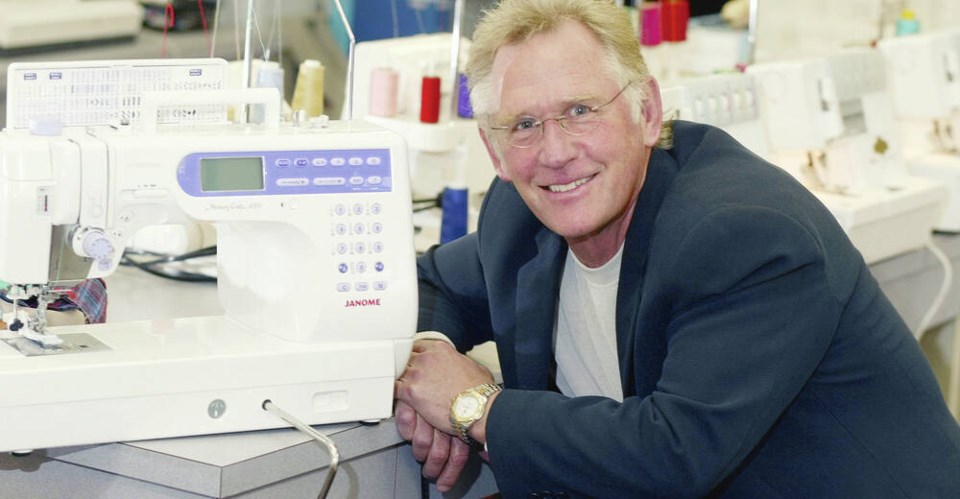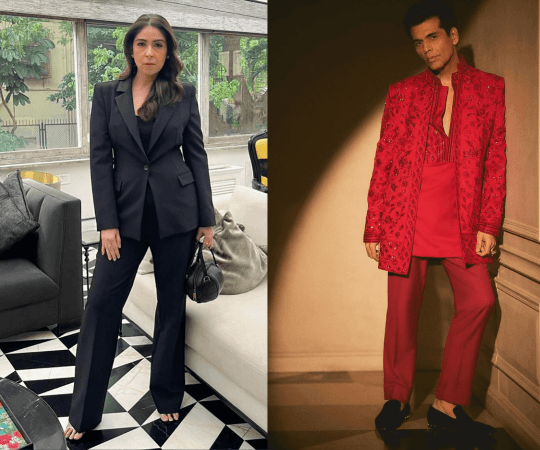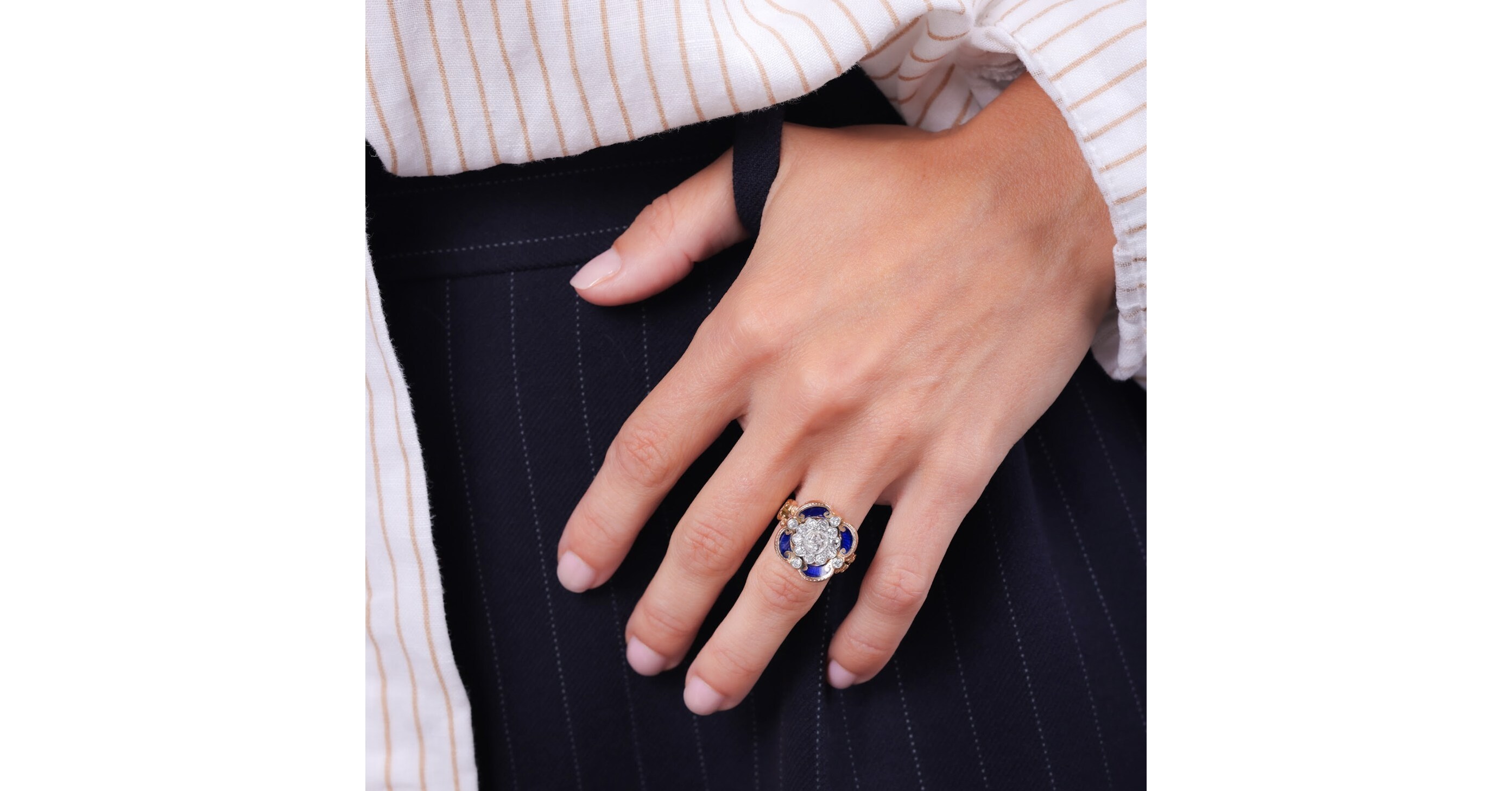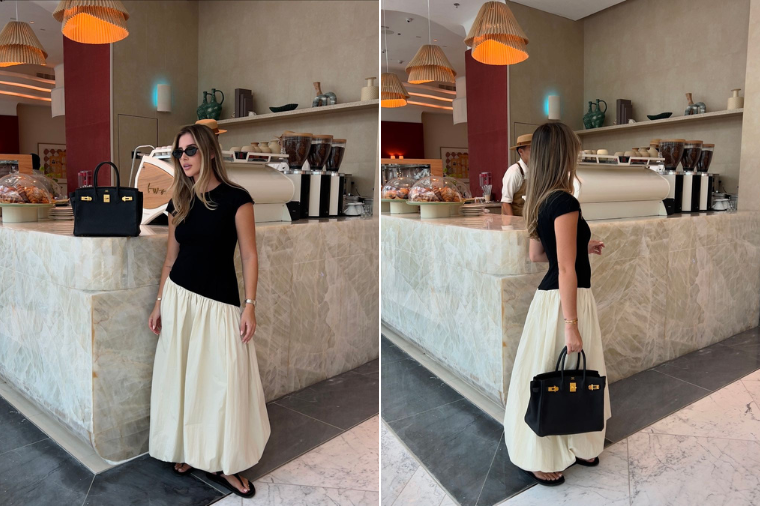In July, popular influencer/podcast host Tinx took to TikTok to ask her followers a question : “Are labels and artists asking random people to make content about music and not say[ing] it’s an ad?” The answer in the over 700 replies to the video was a resounding and simple “yes.” “Sound campaigns” have been an integral part of music marketing since TikTok took off in 2019, but they differ from other paid promotion campaigns on social media. Captioning a video with #ad, or another similar disclosure, is required by the Federal Trade Commission (FTC) when companies “pay you or give you free or discounted products or services” in exchange for featuring their product in a video, but that has never been the standard for the paid promotion of a song.
“Any essence of perceived authenticity can be stripped away when a creator tags a video as paid,” says one digital marketing agency CEO. As a result, one major label marketer believes “75% of popular songs on TikTok started with a creator marketing campaign,” but says that there’s no way to actually track how many of the songs that go viral on TikTok do so organically or are boosted by thousands to hundreds-of-thousands of dollars’ worth of paid promo. When asked for clarification about whether or not promoting songs in the background of videos requires disclosure, a representative for the FTC said, “While we can’t comment on any particular example, that practice seems somewhat analogous to a product p.


















